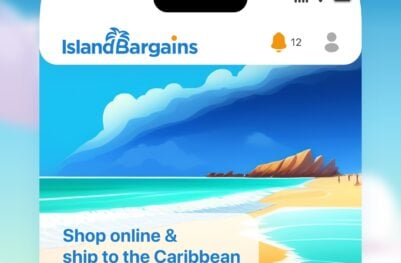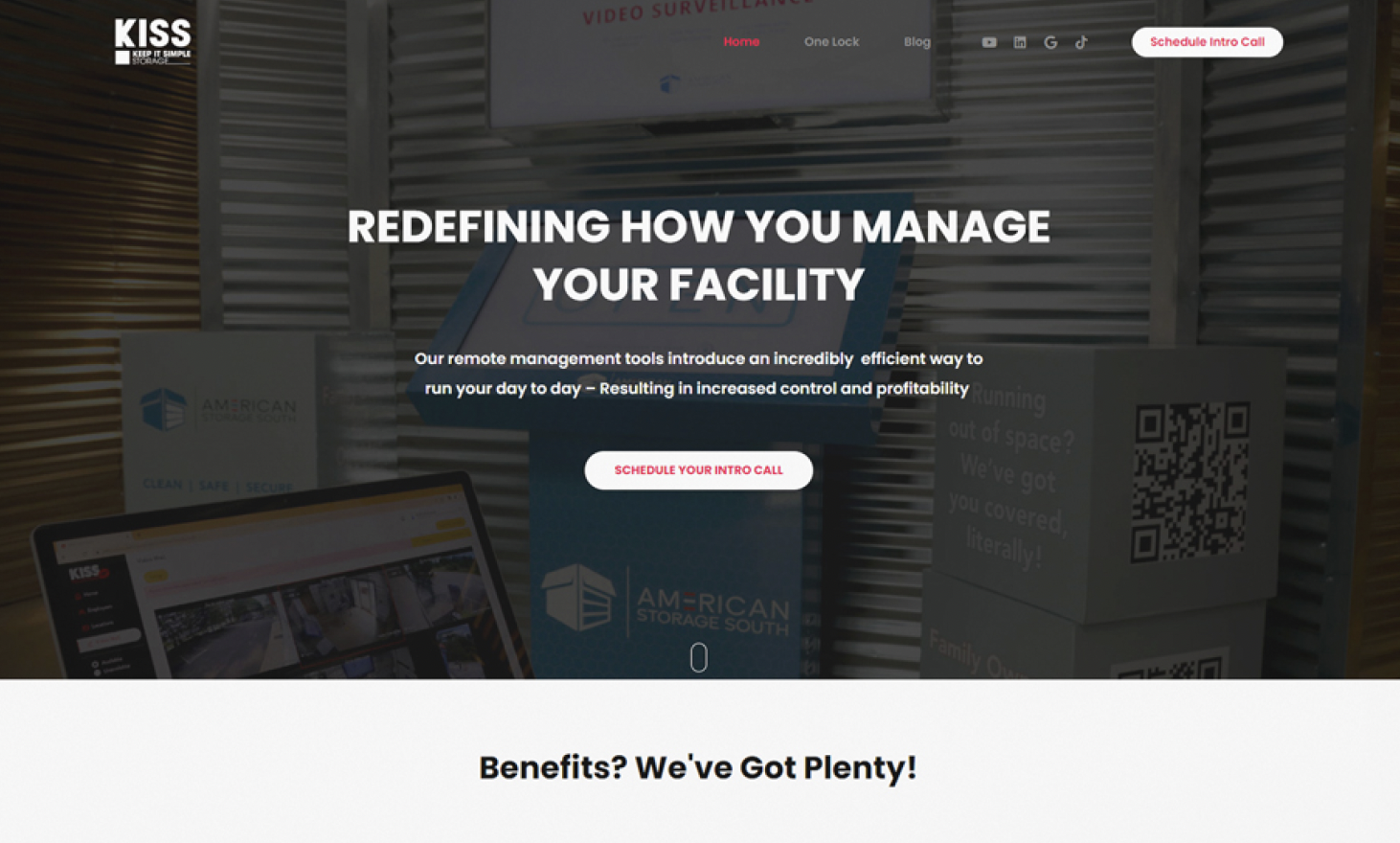- Developers
- Developer Blog
- Mobile App Development
- What is Mobile App Localization?

profile

By Aran Davies
Verified Expert
8 years of experience
Aran Davies is a full-stack software development engineer and tech writer with experience in Web and Mobile technologies. He is a tech nomad and has seen it all.
The market for mobile apps is highly competitive. Organizations seek to expand the reach of their apps and retain users. They also try to increase conversion and sales. Mobile app localization is a key tool for them.
Mobile apps localization: What it is
The term “mobile app localization” refers to adapting a mobile app for app users in a target market other than the home country of the organization offering the app. The mobile app localization process involves adapting the UI (user interface), app content, features, app store listings, and in-app purchase products. This adaptation makes the app understandable, usable, and enjoyable for users in new markets.
Why localize mobile apps? The benefits of mobile app localization
The number of mobile app downloads is increasing rapidly, however, the app market is highly competitive. Organizations try to improve an app’s visibility. They want to attract and retain new users. App localization is important for an app’s success.
New users want app content in their native language. They want apps that respect their cultural differences, furthermore, the app should fit with the locale settings. App localization helps to provide localized versions of an app. That appeals to local users. This improved app downloads and user engagements.
What are the different types of mobile app localization?
There are two types of mobile app localization. These are as follows:
Minimum viable localization
Start-ups often undertake a minimum viable location. Such localization efforts focus on the important features and content of the app. The organization also localizes the app store metadata and app store descriptions.

Get a complimentary discovery call and a free ballpark estimate for your project
Trusted by 100x of startups and companies like
Full app localization
Enterprises or global brands undertake full app localization for their global audience. This includes the app UI, features, content, app descriptions, integrations, products for in-app purchases, etc. The organization tries to make the app useful and enjoyable for native speakers of different languages in the target countries.
How would you build a strategy for mobile app localization?
A strategy for localizing iOS and Android apps should cover the following:
- Target markets and their cultural norms;
- Stakeholder management;
- Whether you will cater to the native language or multiple languages initially;
- The choice between minimum viable localization and full localization;
- Priorities for localization in the case of a minimum viable localization;
- Budget;
- The app localization team;
- Managing resource files for localization;
- Localization workflow;
- Engaging translation service providers vs using translation management systems;
- App store optimization;
- Roadmap and schedule;
- Collaboration among teams;
- Localization testing;
- Managing the KPIs and metrics to assess the success of the localized app;
- Risk mitigation and issues management.
Mobile app localization process steps
Android and iOS app localization process steps are as follows:
1. App internationalization
App internationalization is the process that makes future mobile app localization processes easier. You should undertake app internationalization during app development. It makes the code flexible. The code can then display content appropriate to different locales, and it uses relevant target languages.
2. Define the app localization requirements
Determine your target markets. Identify the local languages that you want to target. Check the app analytics to decide priorities for localization. You might need to analyze app reviews and other data from app stores. Conduct competitor research.
3. Identify tools and service providers
You might want to use the services of professional translators. Alternatively, you might use translation management systems. You need to identify them for your target languages.
Hire expert developers for your next project
1,200 top developers
us since 2016
4. Translate content and modify your app for target markets
Translate content in the target languages. Customize the app interface to make it suitable for target markets. Customize texts, images, videos, audios, numbers, date formats, currency, etc. Ensure that the modified content fits the app screen properly. Follow localization tips provided by experts.
5. Modify the app store content
Modify the app store content to suit the target market. You need to do this for prominent app stores like Google Play, Apple App Store, etc. Customize keywords, app screenshots, metadata, text, videos, app previews, etc.
6. App localization testing
App localization testing might include the following:
- Smoke testing;
- Beta testing.
Ensure that app developers and testers work closely together. Resolve all issues before the app launch.
Challenges in localizing mobile apps
You might face the following challenges in localizing iOS and Android apps:
- Unexpected delays;
- Cost overruns;
- Quality issues found after the app launch;
- Too much manual work;
- App localization lags behind the app development process.
Plan comprehensively to avoid delays, cost overruns, and quality issues. Use appropriate tools like app localization platforms and translation management systems to reduce manual work.
Hire expert developers for your next project
Planning to develop a mobile app for the global market? Contact DevTeam.Space to hire competent app developers.
FAQs
Evernote and Airbnb are two examples of apps that have successfully executed the mobile app localization process.
App localization and app translation aren’t the same. The translation process focuses on translating the text into another language. App localization involves adapting your app comprehensively to the local culture and market. App localization includes translation.
The backward peace sign is a common emoji in the US, and it signifies peace. Many in the UK, New Zealand, Ireland, and Australia find this emoji offensive though. While the fingers-crossed emoji signifies good luck in the USA, people in Vietnam consider it offensive.

Alexey Semeney
Founder of DevTeam.Space
Hire Alexey and His Team To Build a Great Product
Alexey is the founder of DevTeam.Space. He is award nominee among TOP 26 mentors of FI's 'Global Startup Mentor Awards'.
Alexey is Expert Startup Review Panel member and advices the oldest angel investment group in Silicon Valley on products investment deals.


